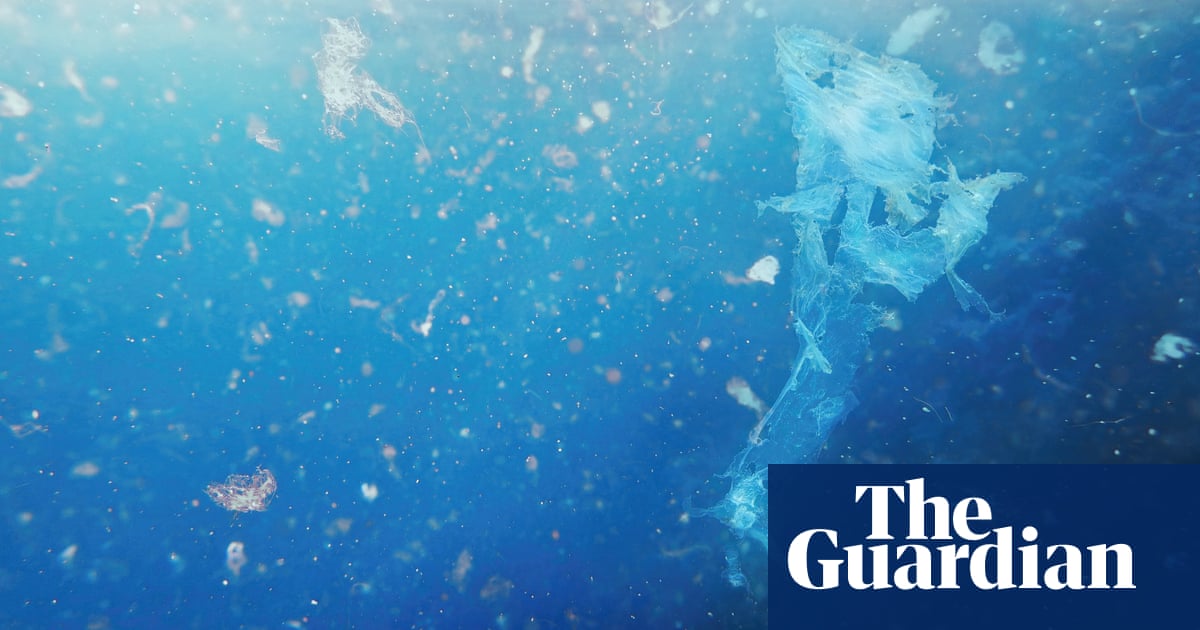Microplastics are everywhere. These tiny pieces of plastic – the usual definition is anything under 5mm in length – are a by-product of the over-production of synthetic polymers, and there is increasing evidence that they are infiltrating the entire ecosystem. A recent study found them in 90% of protein types sampled by researchers, while a study from 2020 found them in fruit and vegetables. Another study, published this year suggests that bottled water could contain up to 100 times the amount of plastic particles previously thought, and some studies have even found microplastics in prenatal human placentas. So is this an unstoppable problem? Are there implications for our health that we are only just beginning to see? And if so, is it already too late to do anything about it?
To start with the bad news: yes, the problem is worse than previously thought. “Everyone knew there were microplastics in our sea water and on our beaches, but we’re now finding them in the freshwater system and as far afield as the Arctic,” says Prof Catherine Wilson, an expert in microplastics at the School of Engineering, Cardiff University. “This is raising questions about how they are being transported in the air. We’re also seeing – as we use recycled sludge, a nutrient-rich waste product from sewage treatment, as a fertiliser in agriculture – that microplastics are being recycled in the environment, which may mean they are building up in the soil on farmland.”
So how bad are microplastics for humans? There are two clear mechanisms through which microplastics might hurt us: either by chemically disrupting the normal running of our body systems, or by piling up in enough quantities to block our circulatory, respiratory or digestive systems. Increased cancer risk, for instance, is a key concern – but it’s not clear just how worried we should be. “Links to the carcinogenic potential of microplastics and nanoplastics, which are barely visible to the eye even under a powerful microscope, has been demonstrated in vitro [laboratory test-tubes or similar] in human cells and in vivo [in a living body] for animal and plant models,” says Prof Jo Cable, head of division at the School of Biosciences, Cardiff University. “But it’s worth saying that the effects in most of these studies were induced by concentrations of plastic far higher than those detected in the bloodstream in some of the most recent studies.”
Similarly, it is not clear whether microplastics are having a significant effect on, for example, the production of immune cells or the appetite, although all these possibilities are a concern. “Further work is needed to determine the effects of this level of exposure – as well as whether microplastics continue accumulating or are eventually expelled from our bodies,” says Cable. “We also need to understand whether better alternatives are possible – for instance, the Plastic Fish project at Cardiff University is investigating whether bio-based plastics and associated additives often marketed as ‘greener’ than traditional plastics are, in fact, healthier for the environment and organisms if and when exposure occurs. Evidence is mounting that they may not be.”
What can we do? Unfortunately, this is a societal problem: the sheer ubiquity of microplastics mean there is little chance of avoiding them. Plastics are an essential and often life-saving commodity, but we’ve been using them unsustainably for years, and left a legacy for future generations that could be difficult to tackle. On a global level, we need to shift towards plastic products that are either biodegradable – ie break down naturally – or structurally easier to chemically recycle; and consumers and businesses need to be incentivised to embrace them. It’s not an easy problem to deal with, but as it is likely to affect everyone who swims, eats or breathes, it concerns us all.







